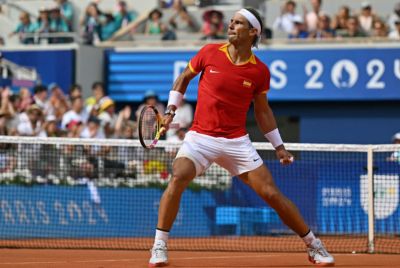Japan: Olympics stadium falls farther behind schedule
As Japan struggles to get its Olympics plans on track, the start of the construction of its new national stadium has been further delayed to early 2017, officials said on Monday (16 November). The delay to build the centrepiece of the Tokyo 2020 Summer Games comes at a time when Japan has slid back into recession as its fragile economy struggles with declining capital expenditure and sluggish investments.
An outcry by the public over soaring costs led to the scrapping of the stadium design this summer. It was the first in a series of embarrassments in a nation long admired for its efficiency, a reputation that helped it win the opportunity to host the Summer Games over Madrid and Istanbul in 2013.
After Prime Minister Shinzo Abe scrapped the futuristic design by UK-based Zaha Hasid Architects amid furore over the costs, then estimated at 265.1 billion yen (£1.43bn, $2.17bn), the International Olympic Committee intervened and called for a January 2020 completion time. The stadium was originally set to be completed in time to host key matches of the 2019 Rugby World Cup and the delay prompted outrage among rugby officials. The rugby matches will now be held in the neighbouring city of Yokohama.
Japan's sports minister Hakubun Shimomura resigned after Abe scrapped plans for the stadium design. In another blow to its reputation, Olympic organisers scrapped the Games logo in early September over accusations of plagiarism. The stadium, now estimated to cost 155 billion yen, still has no design. A competition is to be held for a new design with a decision due in December.
"If all goes according to plan, construction will probably start from early 2017," said Takakuni Ikeda, vice president of the Japan Sport Council, which runs the stadium. "It's true that this is quite late compared to the original plan," he added.
The site is now a huge hole in the ground, covered with clover and dotted with puddles. Ikeda said he is confident construction will now keep to the schedule.
"We believe there will be no problems keeping to the schedule, as we are looking for a proposal which can lead the construction to be finished by January, 2020," Ikeda added.
The new stadium will replace Tokyo's old structure which was built to host the 1964 Summer Games. There was a delay in demolition of the old stadium as well.
© Copyright IBTimes 2025. All rights reserved.





















